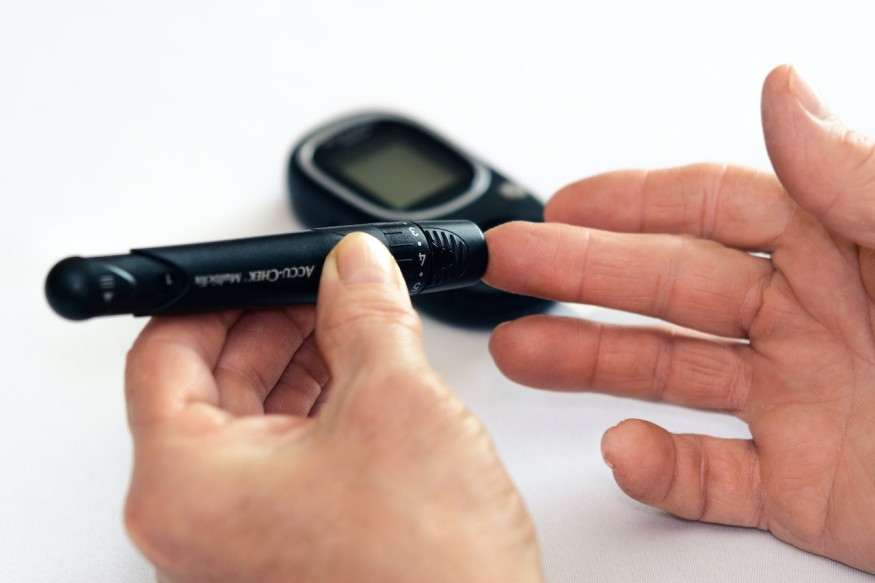
A new Lancet study reveals that roughly 101 million individuals in India have diabetes. This figure makes up 11.4% of India's population.
Diabetes in India
According to the BBC, the most common type of diabetes is type 2 diabetes. The study published in the Lancet Diabetes and Endocrinology is the first to comprehensively look at every Indian state to assess the non-communicable disease problem across the country.
The Times of India reports that the figures of 101 million people are 44% higher compared to the 70 million people in 2019, based on a study conducted by the Indian Council of Medical Research (ICMR).
The health ministry also commissioned a survey that discovered 136 million individuals (15.3%) could be dealing with pre-diabetes.
Such numbers were found to be significantly higher than previous estimations. The World Health Organization previously estimated that there were 77 million individuals dealing with diabetes and almost 25 million people battling pre-diabetes in India.
Dr. RM Anjana, the study's lead author and the managing director of Dr. Mohan's Diabetes Specialties Center, told the Indian Express that the condition was like a ticking bomb. Dr. Anja explains that conversion from pre-diabetes to diabetes is extremely fast in the Indian population, adding that over 60% of pre-diabetics become diabetic in five years.
This specific study spanned a decade and was conducted by the Madras Diabetes Research Foundation and the ICMR. The whole research covered 113,000 participants who were over 20 years old from each Indian state.
Diabetes was found to be most prevalent in Kerala (25.5%), Puducherry (26.3%), and Goa (26.4%), NDTV reports. The study also cautioned about how diabetes prevalence sharply rose in Bihar, Uttar Pradesh, Arunachal Pradesh, and Madhya Pradesh, where it used to be lower.
The study also discovered that diabetes was more prevalent in urban areas compared to rural regions. Consultant diabetologist Rahul Baxi from Bombay Hospital explains that better living standards, lifestyle changes, city migration, sedentary habits, erratic work hours, pollution, food habit changes, stress, and fast food availability could all explain the rise of diabetes in the country.
Diabetes
According to the Mayo Clinic, diabetes mellitus affects the body's use of blood glucose, or sugar. This glucose is a vital energy source for cells in tissues and muscles. It also fuels the brain.
Chronic diabetes is typically categorized into type 1 and type 2. Type 1 is an immune system condition wherein the insulin factories of the body get attacked. Because of this, the body does not have sufficient levels of the hormone that manages blood glucose levels.
Type 2 diabetes, on the other hand, is mostly linked to a poor lifestyle. It prevents the body from properly using insulin.
There is also a condition known as prediabetes, which is a condition wherein blood glucose levels exceed the normal threshold but are not high enough to be considered type 2 diabetes, per CDC.
While the exact cause of diabetes may vary depending on the type, the condition generally refers to having excess blood glucose. This, in turn, could lead to serious health issues.
RELATED ARTICLE : Excess Egg Consumption Increases Risk of Diabetes, Study Shows
Check out more news and information on Medicine and Health in Science Times.












